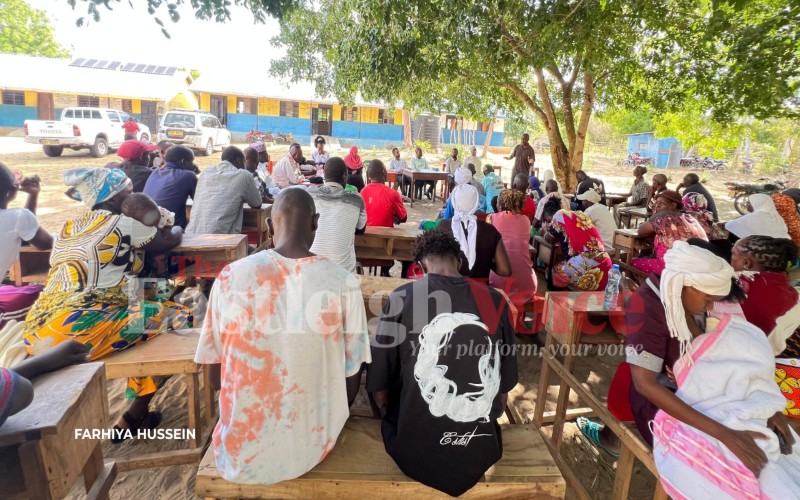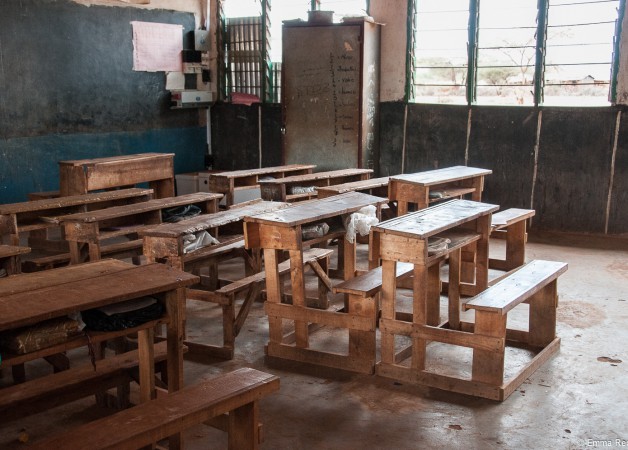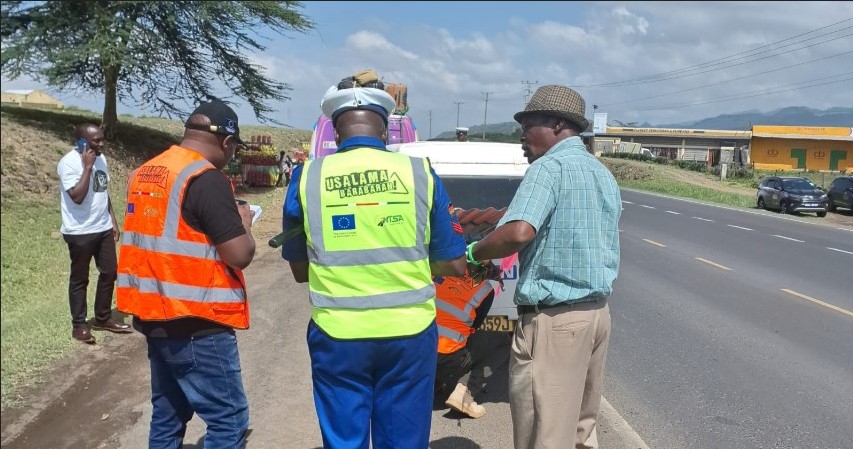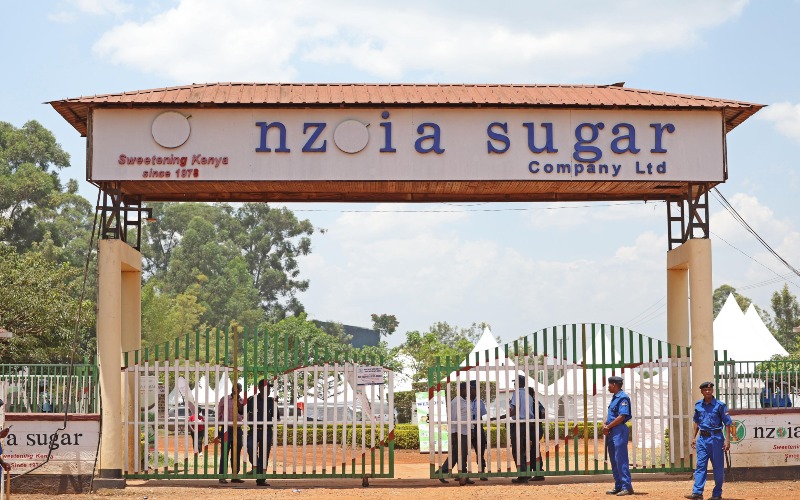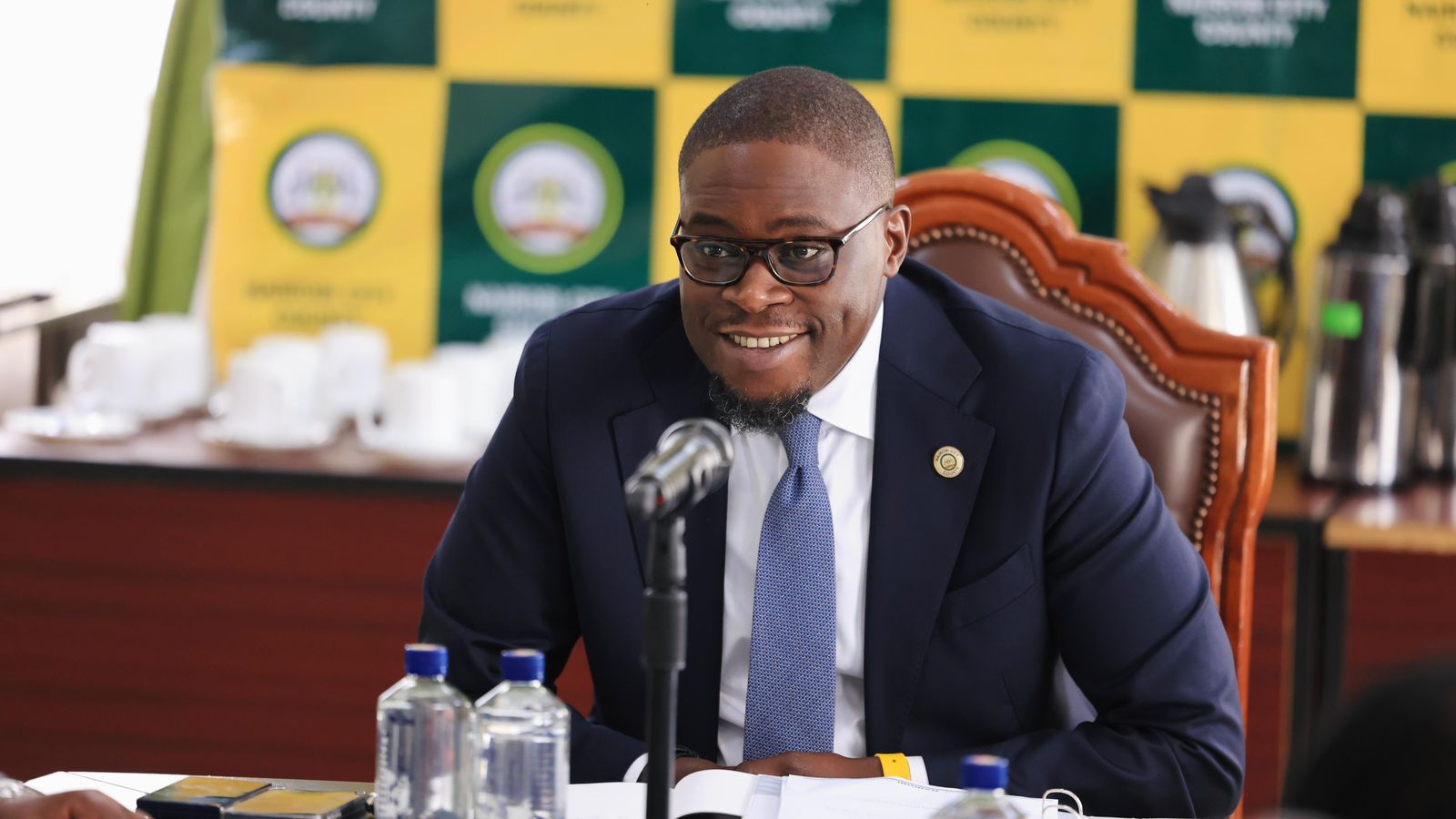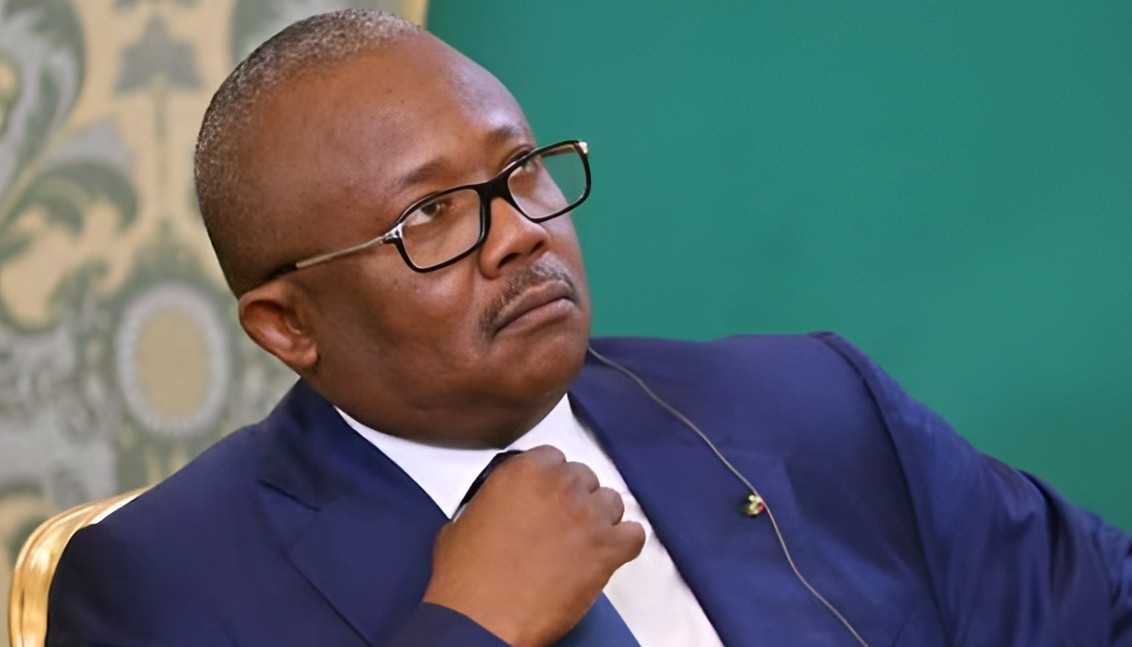Rwanda’s UN envoy makes case for registry on international criminal matters
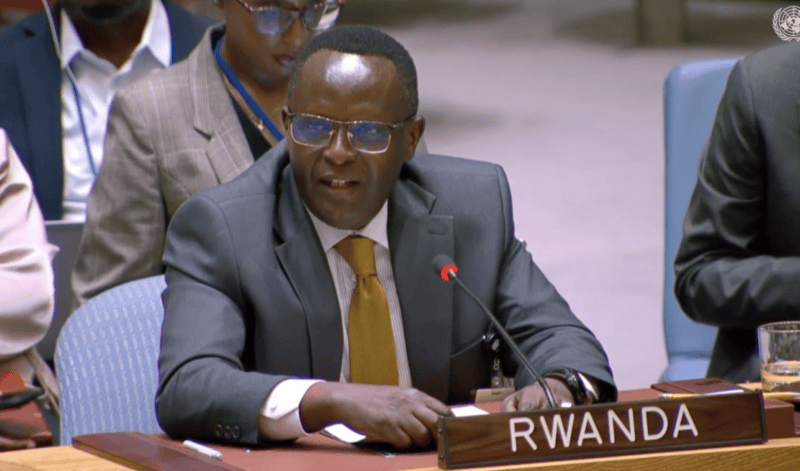
Ngoga pointed to the recent discovery of Faustin Nsabumukunzi, an indicted genocide suspect found living as a beekeeper in New York.
Rwanda has called for the urgent establishment of a comprehensive global registry of people convicted of international crimes, as the country continues to press for justice more than three decades after the 1994 Genocide against the Tutsi.
Addressing the United Nations Security Council on June 11, during deliberations on the International Residual Mechanism for Criminal Tribunals (IRMCT), Martin Ngoga, Rwanda’s Permanent Representative to the UN, underscored the challenge posed by genocide fugitives living with impunity around the world.
More To Read
- Court quashes revocation of refugee status for Rwandan accused of 1994 genocide
- Rwandan genocide suspect Francois Gasana extradited from Norway
- Rwanda marks Liberation Day, praises Kenya for decades of support
- US arrests Rwandan genocide fugitive Vincent Nzigiyimfura after years on the run
- UN Prosecutor calls on South Africa to act on genocide suspect Fulgence Kayishema
- M23 demands Burundi troops withdrawal, accuses Bujumbura of backing ethnic violence in eastern DRC
“There is an urgent need to establish a comprehensive registry of people convicted of international crimes,” said Ngoga, who is a former Prosecutor General.
“Such a tool would help identify criminal histories, harmonise data with Rwanda’s National Public Prosecution Authority, and support efforts to apprehend fugitives who remain at large.”
Ngoga pointed to the recent discovery of Faustin Nsabumukunzi, an indicted genocide suspect found living as a beekeeper in New York.
“His case is symbolic of a broader challenge,” he said, “fugitives exploiting immigration systems and spreading genocide ideology in host countries.”
The ambassador stressed that the continued freedom of such individuals poses a persistent threat to post-genocide societies and undermines efforts toward justice and reconciliation.
“As Rwanda advances its reconstruction, we cannot accept a reality where those responsible for unimaginable suffering live freely or engage in narratives aimed at destabilising our society,” he said.
Justice and memory
Ngoga used the occasion to outline Rwanda’s broader priorities in the legacy of the IRMCT, which inherited the functions of the International Criminal Tribunal for Rwanda (ICTR). Chief among them is the relocation of the ICTR archives to Kigali.
“These archives hold profound historical significance,” he said. “They must be readily accessible to the Rwandan people, especially survivors and their families, as well as to researchers and legal practitioners working on ongoing genocide-related cases,” said Ngoga, who at one time represented Rwanda at the now dissolved tribunal.
Access to the archives, he emphasised, is essential to national investigative and prosecutorial efforts that are still unfolding.
Drawing on his personal experience, Ngoga reflected on his long engagement with international justice.
“I began appearing before this council in 2000 as a liaison diplomat, and later, from 2003 to 2013, served as Prosecutor General of Rwanda,” he said.
“I am a witness to the progress these tribunals have achieved, particularly the ICTR, and commend its successive leadership for their accomplishments.”
He added that the tribunal’s jurisprudence should continue to shape both judicial systems and the political stances nations take in confronting conflicts.
“The ICTR’s creation in 1994 marked a turning point in international criminal justice. It sent a clear message: genocide will not go unpunished. Although delayed, justice can and must be served.”
Rwanda welcomed the IRMCT’s operational cooperation with the National Public Prosecution Authority, which Ngoga said has already yielded “tangible results.”
“In a development, 65 genocide fugitives have been accounted for and their case files formally closed,” he noted. “This demonstrates what is possible when political will and technical expertise are aligned.”
Ngoga also called attention to the case of Fulgence Kayishema, another genocide suspect who has been evading transfer to the Mechanism’s custody.
“We share concerns about his ongoing attempts to delay justice,” he said, urging UN member states to support his immediate surrender.
The envoy emphasised the importance of ensuring that legal processes are not undermined by procedural delays or a lack of international cooperation.
Beyond prosecution
Addressing the unresolved issue of acquitted people and those who have completed their sentences, Ngoga called for durable solutions to relocate them, saying Rwanda stands ready to engage and integrate these people as part of its broader reconciliation efforts.
“What remains unjustifiable,” he said, “is their indefinite reliance on international resources despite enjoying their liberty.”
Looking ahead, Ngoga stated that the time had come for the responsible conclusion of the Mechanism’s mandate, but emphasised that such a closure must not be abrupt.
“It must be carefully coordinated, guided by the lessons of the past three decades, and anchored in the principles that gave rise to international criminal justice. Justice must not only be done, it must be preserved, completed, and protected for future generations.”
Top Stories Today





